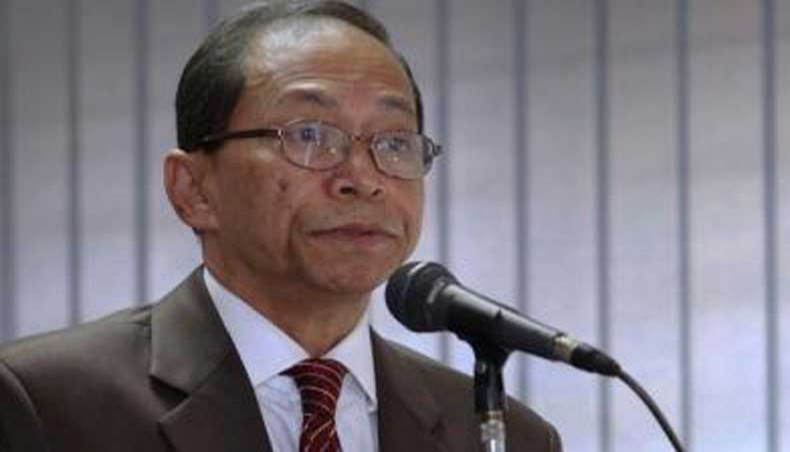Judiciary not yet independent
Though separation of judiciary took place nine years ago it is still not fully independent, said lawyers.
They said that the judiciary would not be independent so long as the government appoints Supreme Court judges on political considerations.
They said that the government also retains its control over the lower courts.
Promotions, transfers and removal of lower court judges are still in government’s hands, they said.
Due to all these factors, they said, the judges can’t work independently as they are mandated by the Constitution.
This results in denial of justice, said lawyers.
The lower court judges are still under the government’s control, said Supreme Court lawyer Shahdeen Malik.
There would be no independence of the lower judiciary until the Supreme Court gets full authority to supervise them, he told New Age.
He said that Article 109 of the Constitution requires vesting the SC with full
authority to supervise and control all the courts and tribunals in the country.
But in reality, he said, the government continues to appoint SC judges on political considerations.
The government has not until now spelt out the qualifications an individual should have to be appointed as SC judge as Article 95(c) of the Constitution requires, he said.
Chief Justice SK Sinha on Monday demanded restoration of the Supreme Court’s full authority over transfers, posting and removal of lower court judges by amending Article 116 of the Constitution.
He raised the demand in a statement posted on SC website to mark the 9th anniversary of separation of lower judiciary.
He identified Article 116 of the Constitution as among the main impediments that slowed down the speed of the judiciary.
Pointing out the contradictions in the Constitution, he said, while Article 109 vests the power of supervision and control of all the lower courts and tribunals in the High Court Division, Article 116 does not allow the Supreme Court to take any decision on its own with regard to lower court judges’ promotions, transfers and enforcement of discipline.
Due to dual control over the lower courts, he said, it was not being possible to post judges to fill 400 vacancies in different districts.
As a result, he said, justice delivery was getting hampered causing sufferings to justice seekers.
He demanded restoration of Article 116 as it was in 1972 on adoption of the Constitution.
The original Article 116 says, ‘The control (including the power of posting, promotion and grant of leave) and discipline of persons employed in the judicial service and magistrates exercising judicial functions shall vest in the Supreme Court.’
Law minister Anisul Huq declined to make any comment on the statement of the Chief Justice immediately.
‘I would give my comments after going through the statement and speaking to the Chief Justice,’ he told New Age.
The Chief Justice said that Bangladesh had fewer judges compared to many countries.
He said Bangladesh has 10 judges for 10 lakh people compared to USA’s 107 for every 10 lakh people.
He said Canada has 75 judges for every 10 lakh people.
News Courtesy: www.newagebd.net











